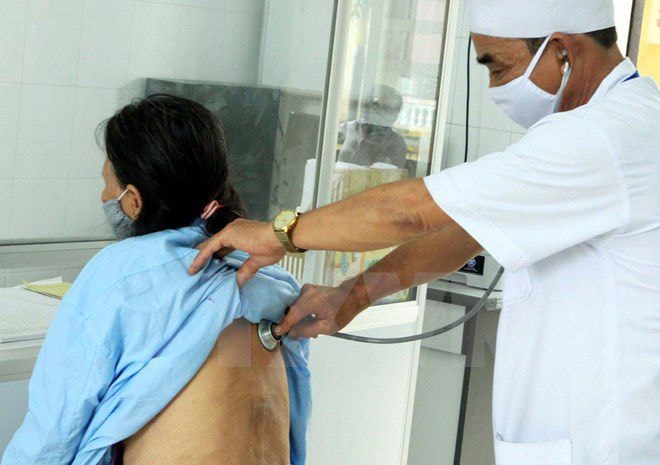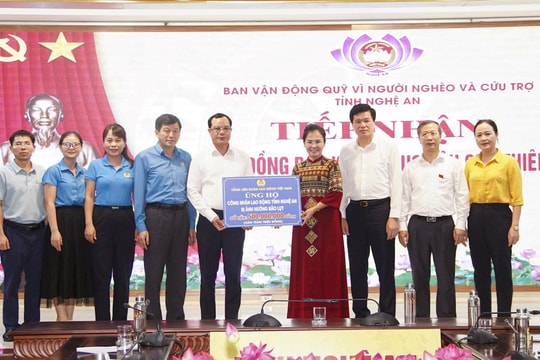Vietnam uses new drugs and regimens in treating drug-resistant tuberculosis
With the support of the World Health Organization (WHO) and international partners, Vietnam can be said to be one of the countries that is preparing the earliest to apply new anti-tuberculosis drugs and new treatment regimens for drug-resistant tuberculosis.
Accordingly, the new treatment regimen for drug-resistant tuberculosis with a treatment duration of only 9 months, is more cost-effective than the current treatment regimen for multidrug-resistant tuberculosis which lasts from 20 to 24 months.
Associate Professor Nguyen Viet Nhung - Director of the Central Lung Hospital, Head of the National Tuberculosis Prevention Program, said so at the conference on implementing new drugs and new treatment regimens for drug-resistant tuberculosis in Vietnam held on the morning of November 25 in Hanoi.
At the conference, the United States Agency for International Development (USAID) announced that Bedaquiline, the first new drug in more than 40 years to treat drug-resistant tuberculosis, is now available in Vietnam through a cooperation program between USAID and Janssen Therapeutics, a subsidiary of Johnson & Johnson.
According to Associate Professor Nhung, tuberculosis is still one of the most common infectious diseases affecting the community in Vietnam with 130,000 new cases detected, including about 5,100 drug-resistant tuberculosis patients and 17,000 people dying from tuberculosis each year.
 |
| Medical staff examine and treat people with tuberculosis. (Source: VNA) |
In particular, the outbreak of drug-resistant tuberculosis is a top threat to tuberculosis prevention and control globally as well as in Vietnam. Therefore, Vietnam is one of the first countries in the world to receive the drug Bedaquiline to support Vietnam's ongoing efforts in preventing this disease.
According to information from the Ministry of Health, although Vietnam is a country with a high success rate in treating drug-resistant tuberculosis, over 70%, the current treatment regimen for multidrug-resistant tuberculosis is still very complicated and cumbersome, with treatment lasting from 20-24 months, combining many highly toxic second-line anti-tuberculosis drugs, leading to a high rate of drug intolerance and treatment abandonment. In addition, there is a significant number of patients with extremely drug-resistant tuberculosis who have not yet had an effective treatment regimen.
Therefore, the advent of new drugs and new regimens will be a good opportunity for patients who are resistant to TB drugs. The application of scientific achievements related to new drugs and new regimens in the treatment of drug-resistant TB gives patients the opportunity to be cured, reducing the burden of disease, material and mental not only for the patient but also for the family and the community.
Also at the conference, USAID Vietnam, together with the National Tuberculosis Control Program, the Ministry of Health and other partners, launched a program to donate and deploy Bedaquiline in Vietnam, with over 100 patients with pre-extremely drug-resistant and extensively drug-resistant tuberculosis receiving the new drug during this period./.
According to VIETNAM+
| RELATED NEWS |
|---|

.jpg)


.jpg)



